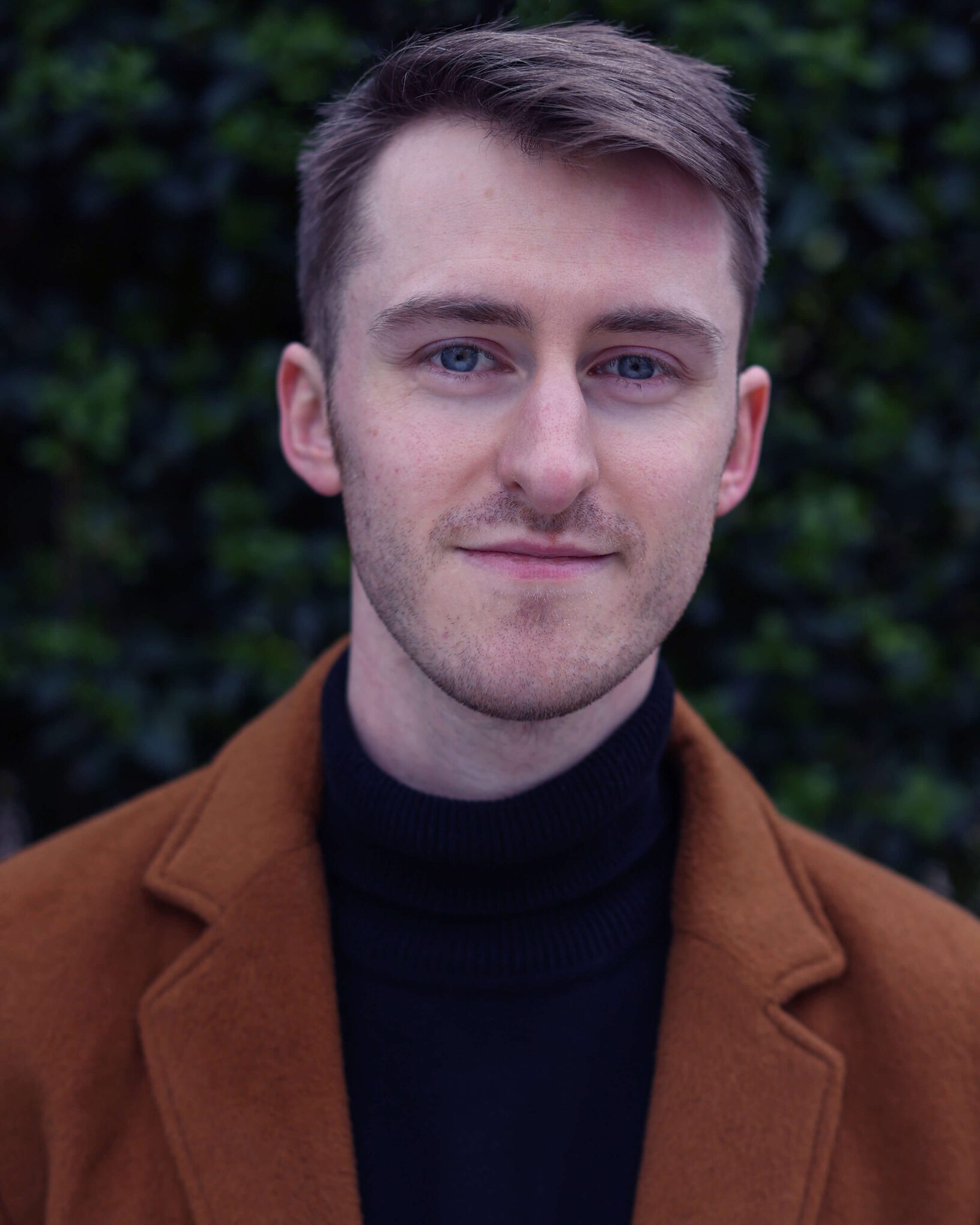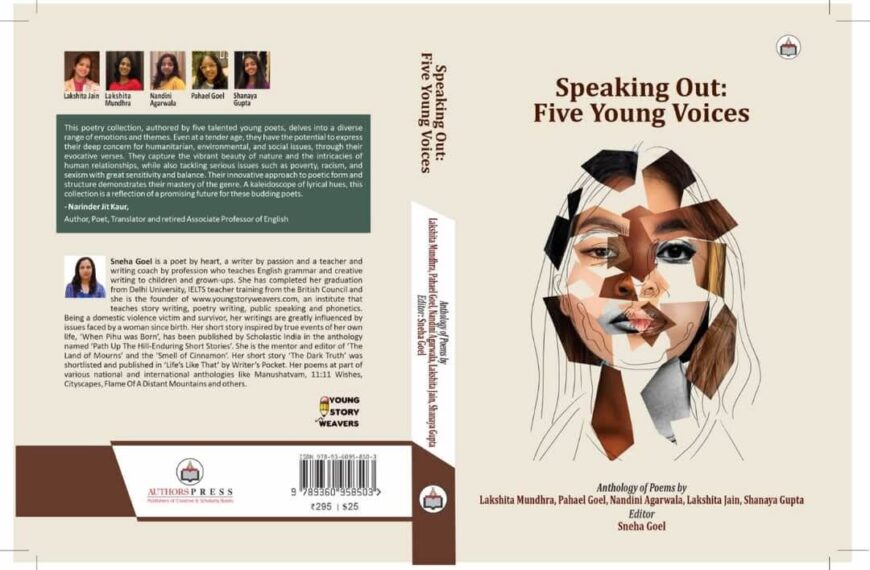Sukanya interviews Ryan Avery, a rising star in television screenwriting, about his transition from screenwriting education to working in television, creative influences, challenges, and upcoming projects, exclusively for Different Truths.
We welcome Ryan Avery (RA), a rising star in the world of television screenwriting. In this exclusive interview, Sukanya Basu Mallik (SBM) delves into Ryan’s remarkable transition from screenwriting to education to working in television within a year, exploring his creative influences, the challenges he’s faced, and the exciting projects he has on the horizon. Buckle up for an insightful conversation with a storyteller on the rise!
SBM: Introduction to Screenwriting: Ryan, you transitioned from screenwriting education to working in television within a year. Can you share how your educational background prepared you for the industry?
RA: The transition was a daunting task for sure! But, luckily, my tutors and teachers at Falmouth University prepared me with a versatile toolkit for my writing journey, if only they told me that I would be writing an eight-episode drama set in Texas just after I graduated, then I guess the task would have been less daunting!
SBM: Genre Preference: You’ve mentioned a fondness for horror with elements of thriller and drama. What draws you to these genres, and how do you blend these elements to create engaging narratives?
RA: I am a huge fan of horror! Thanks mainly to my mother showing me I was an American werewolf in London when I was five years old! no, but in all seriousness, I strongly believe that the horror genre, if done correctly, can implement all aspects of filmmaking and thus, in turn, affect the audience in a multitude of ways: fear, humour, adrenaline and sadness. The cinematic experience should be exactly what it says it is. An ‘experience’. And if you can make somebody, feel all those emotions in an hour and a half, then I strongly feel that you have done your job as a filmmaker.
SBM: Inspirational Roots: Coming from a creative family, how have your mother’s dance company and your grandmother’s acting career influenced your storytelling approach?
RA: Well, I can tell you for one that my mother’s rhythmic genes skipped me! Being born into a creative family, I feel, helped me find my deep passion for the arts and my grandmother’s background in theatre inspired me to pursue ‘tread the boards’ as the thespians say and, in that regard, I found an understanding from not only a writing point of view but also an actors point of view which makes the process of writing much easier.
SBM: Challenges in the Industry As both an actor and a writer, you’ve faced industry strikes and traditional Hollywood hesitancies. How do you navigate these challenges, and what keeps you motivated during tough times?
RA: It is no lie that the past year and a half has been very hard on the creative industry, the strikes and the concerns over AI have put a spanner in the works for upcoming filmmakers or writers who are looking for their big break. I believe that every person has a story to tell and I believe that the stories that I have to tell are important and that they are impactful and need to be heard, that is what motivates me to get up every morning and write.
SBM: Research for Writing: For your latest series, you tackled a genre unfamiliar to you—Westerns. What was your research process like, and how did you ensure authenticity in your portrayal of the setting and culture?
RA: A fantastic question! It was tough. ‘Westerns’ are films that have many layers to them, a lot of character development and a lot of shades of grey within those characters, as a British author who has never been to Texas or the United States, I made sure that it was a mission to make what I was writing sound as authentic as possible as not to offend anyone or provide a disingenuous look on the subject at hand. I researched Texas, I researched the state flower, which is the bluebonnet, and made sure to incorporate that into the story as well. So yes, a lot of research was undertaken.
SBM: AI in Filmmaking: With AI becoming more prominent in the arts, what are your thoughts on its role in the creative process? Do you see it as more of a tool or a threat to traditional roles in filmmaking?
RA: I feel like AI could be a very helpful tool for the creative process but only if it is used correctly. used as a tool and not to replace a human being.
SBM: Upcoming Projects: You’ve hinted at exciting new projects, including a three-picture deal and an internet horror ARG. Can you give us a sneak peek into what these projects entail and what inspired them?
RA: So, I can’t say too much on the three-picture deal but it was very recently reviewed as “London’s The Last of Us,” which I will not be happy about! As for the internet ARG, it is called ‘The Pyramid Initiative’ and it allows me to be a bit more free and artsy with my creative process, which is horror-based but has elements of science fiction and psychological thriller vibes to it as well. It is very fun to make and I want to continue it with perhaps a higher budget!
SBM: Advice for Aspiring Writers: Having successfully broken into the industry, what advice would you offer to aspiring writers who are trying to get their first big break?
RA: The advice I would give is to be persistent. Do not stop and falter at the first sign of resistance. resistance makes you stronger and thus makes your work sharper.
SBM: Favourite Quotes: Do you have a favourite film quote that resonates with you? And perhaps a personal life quote that guides you in your career and daily life?
RA: So, the quote is not from a film but from another form of cinematic storytelling, a video game called Alan Wake. “A writer is a light that reveals the world of his story from darkness, shapes it from nothingness.”
Photo sourced by the interviewer






 By
By
 By
By
